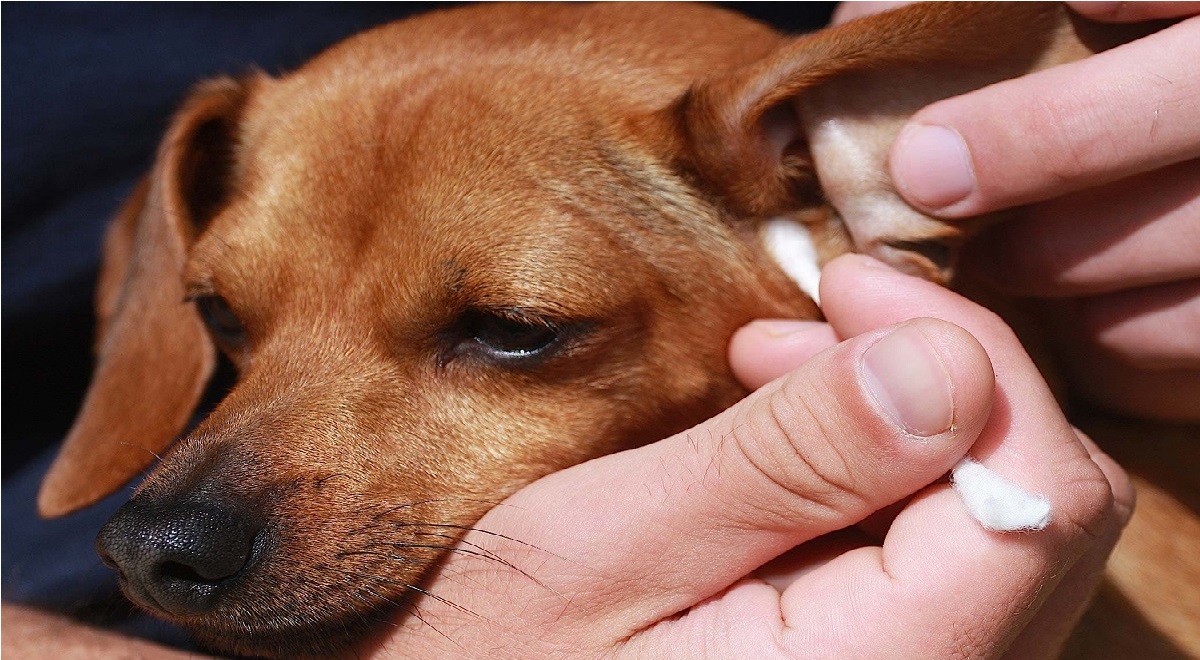Did you know that your dogs may have allergies? Fleas, pollen, and even food may cause itching and sneezing in your dog or cat. Continue reading to understand the symptoms of an allergic response!
Read More: Can Dogs Be Gay
Pet Allergy Symptoms
Although pet dander is a frequent irritant for humans, dogs have their own set of allergies to contend with. Though each pet and allergic response is unique, it’s important to be aware of the typical indicators of allergic reactions so that you can properly care for your best friend! You may notice individual symptoms or a mix of many of these symptoms:
Skin and Fur Issues
One of the most typical indications of an allergic response in dogs is skin irritation. The first thing you’ll notice is irritated or sensitive skin. Your pet may lick or scratch herself excessively, or demand more rubs from you—and who can blame them if they’re attempting to soothe an uncomfortable rash? In contrast, their skin may be unpleasant and sensitive, causing them to flinch suddenly from typical contact and love.
Slight irritation may progress to more severe skin problems, such as:
- Skin that is red and inflamed
- Skin that is scaly and dry
- Hives and other lumps on the skin
- Hot patches (also known as wet eczema)—
- Sores that ooze and are uncomfortable
- Fur that is thinning, spotty, or clumpy
- bald patches
Ear Issues
Although both dogs and cats may suffer from allergy-related ear issues, dogs are more prone to ear infections. Keep an eye out for:
- Skin sensitivity
- Itching and sensitivity
- Hair thinning
- Constant head shaking
- Discharge
- noxious odor
Eye Issues
Pets with allergies, like people, often get inflamed eyes. They may encounter:
- Eyes that are wet
- discharge from the eyes (may be mucusy)
- Eyes that are red or swollen
- Loss of hair around the eyes
Respiratory Issues
If you and your dogs also suffer from seasonal allergies, you may have observed them sneezing and sniffling with you in the spring! Allergies in dogs and cats may cause nose and breathing problems, including:
- Nasal congestion
- Sneezing
- Coughing
- Wheezing
- Snoring has increased.
Gastrointestinal Issues
A food allergy may cause a variety of stomach and digestive problems in your pet. Keep an eye out for any of the following symptoms, particularly after trying a new cuisine or changing their diet:
- a lot of gas
- Diarrhea
- Vomiting
- scooting buttocks
What to Do If You Believe Your Puppy Is Allergic
If your pet is exhibiting allergic symptoms, take them to the doctor right away! Although there are over-the-counter allergy treatment alternatives for dogs, you should consult with your veterinarian to determine the best drugs and dosage for your dog or cat. Also, your veterinarian will be able to assist you in determining the source of your pet’s allergy, which is often the most crucial element of therapy.
It’s better to keep allergens out of your pet’s environment as much as possible. Instead of only treating symptoms when they emerge, you can lessen their pain (and the stress on their immune system). Your veterinarian may undertake allergy testing, like as blood and skin tests, to detect allergens, and they may prescribe a temporary restricted diet to rule out components that might be causing a food sensitivity.
Environmental allergies may be caused by a variety of irritants, some of which may be simpler to eliminate from your pet’s life than others. For example, if your new floor cleaner has a perfume that causes your dog the sniffles, you may easily replace it with an unscented version. Flea-preventative drugs may help with common flea allergies.
Yet, allergens such as grass pollen may be tough to completely eliminate from your pet’s life. Instead, you’ll have to do your best to limit their exposure to the allergen via frequent showers and limiting their outside time on pollen-heavy days, all while addressing the symptoms of their environmental allergies to keep them as comfortable as possible.
In mild situations, your veterinarian may give antihistamines or a nasal spray authorized by your veterinarian for your pet’s allergy. In more severe situations, physicians may prescribe short-term steroids or allergy injections to alleviate your pet’s discomfort.
Whatever your pet’s allergies are, there is a way to get them the therapy they need! With a little assistance from you and your vet, they’ll be breathing easier in no time.
